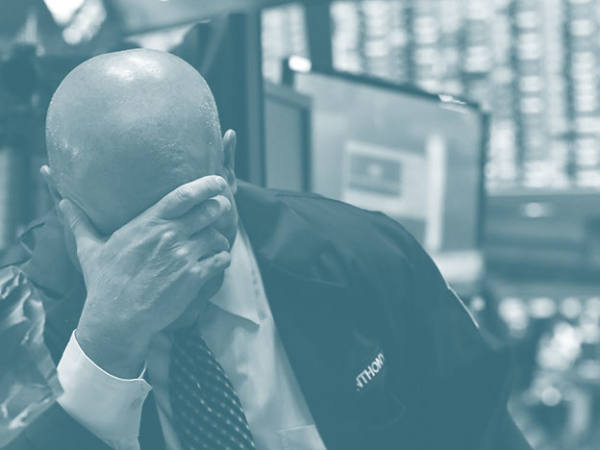To be fair, there comes a time when a company does indeed need to refresh its image. Companies change, and the identity they project needs to change with it. Take Apple for example. When the late Steve Jobs returned from exile to salvage the technology company he founded in 1997, one of the first things he did was to change its name - from Apple Computer to plain and simple Apple, on the basis that it would soon be selling more than just computers. Hundreds of millions of iPods, 'pads and 'phones since sold vindicate that rebranding, and although the technology giant has had its fair share of doubters recently we think there could be more to come, as we explain in this week’s cover feature.
Unfortunately rebranding is so often the refuge of the chronic underperformer. Remember Yell? Of course you do, even though the company recently changed its name to Hibu. Yell’s shares were once worth nearly 650p each, valuing the company at £5bn – Hibu’s are now worth 0.32p, and the company just £7m, not far from the amount Royal Mail is said to have spent changing its name to Consignia and back again.
Don’t think rebranding is something confined to the corporate world, either – governments are at it, too, and when they’re trying to obfuscate something you can rest assured it's unpalatable. The controversial PFI scheme has become PF2, Unemployment Benefit the Jobseeker’s Allowance. But the biggest rebranding of the lot has to be Quantitative Easing - money printing, say some, by another name. Technically, of course, it is a very different approach to monetary easing than firing up the presses - plenty of clever economists and central bankers have explained just why QE won’t be inflationary, and indeed without it, it is very likely that western economies would have slumped into deflation instead. That, say its supporters, would have left a much larger hole in pensions than the £90bn claimed by the National Association of Pension Funds this week.
Yet using a phrase like Quantitative Easing is also an exercise in creating the impression that this is something tried and tested, which it is clearly not – as respected US fund manager Bill Mott says, QE is the greatest financial experiment ever conducted. And, as is usually the case with experiments, no one really knows what the eventual outcome will be. Mr Mott thinks it could be inflationary, an increasingly possible scenario as what was meant to be a temporary fillip becomes more permanent. And if that happens, you can be sure that someone will be rebranding ‘inflation’ as ‘growth’.










